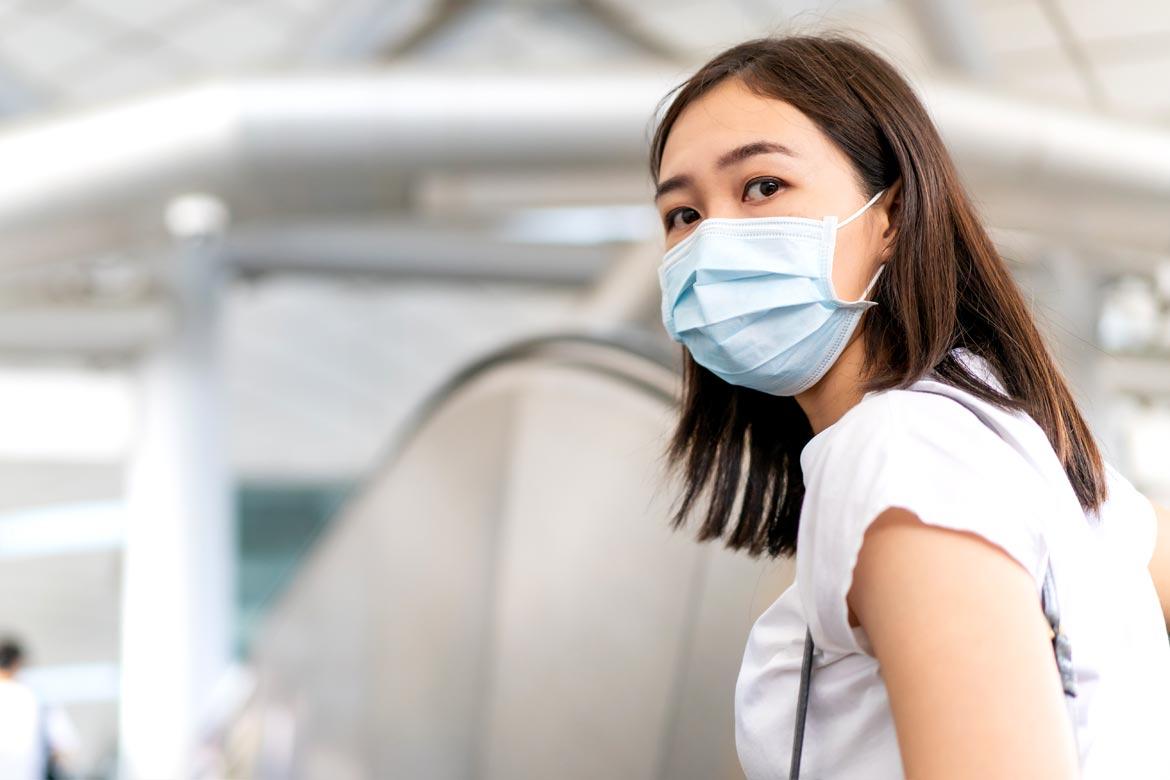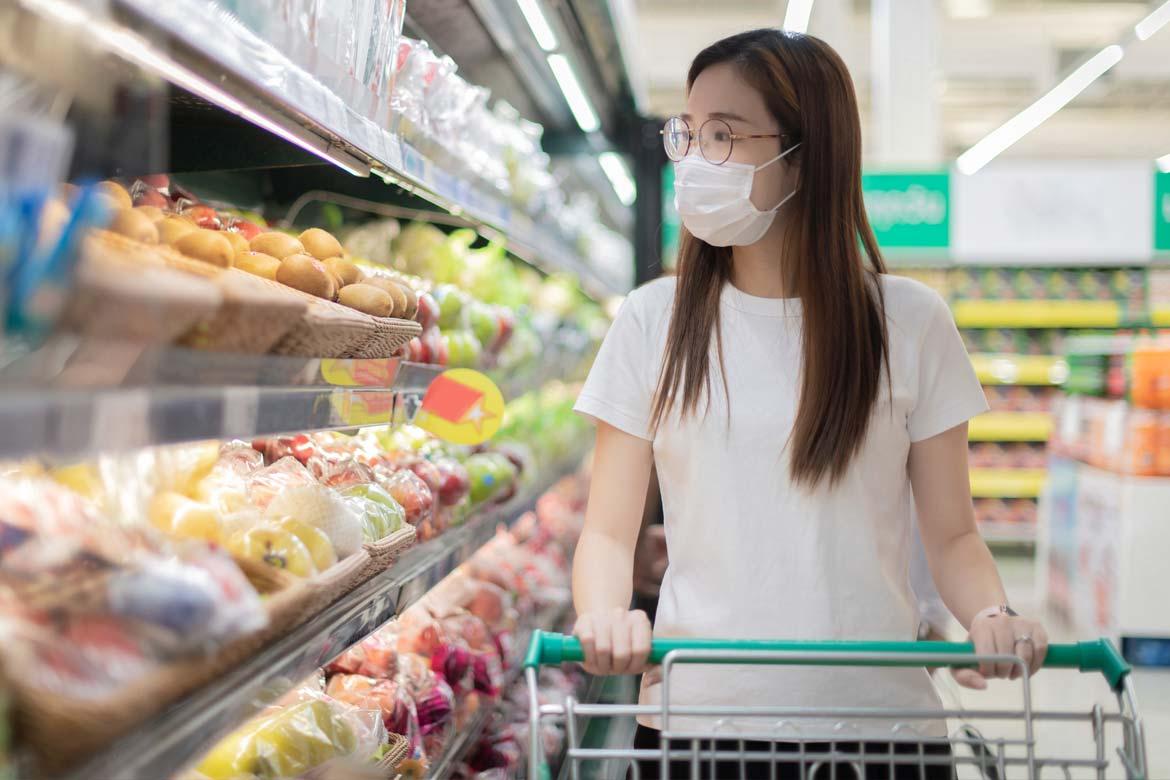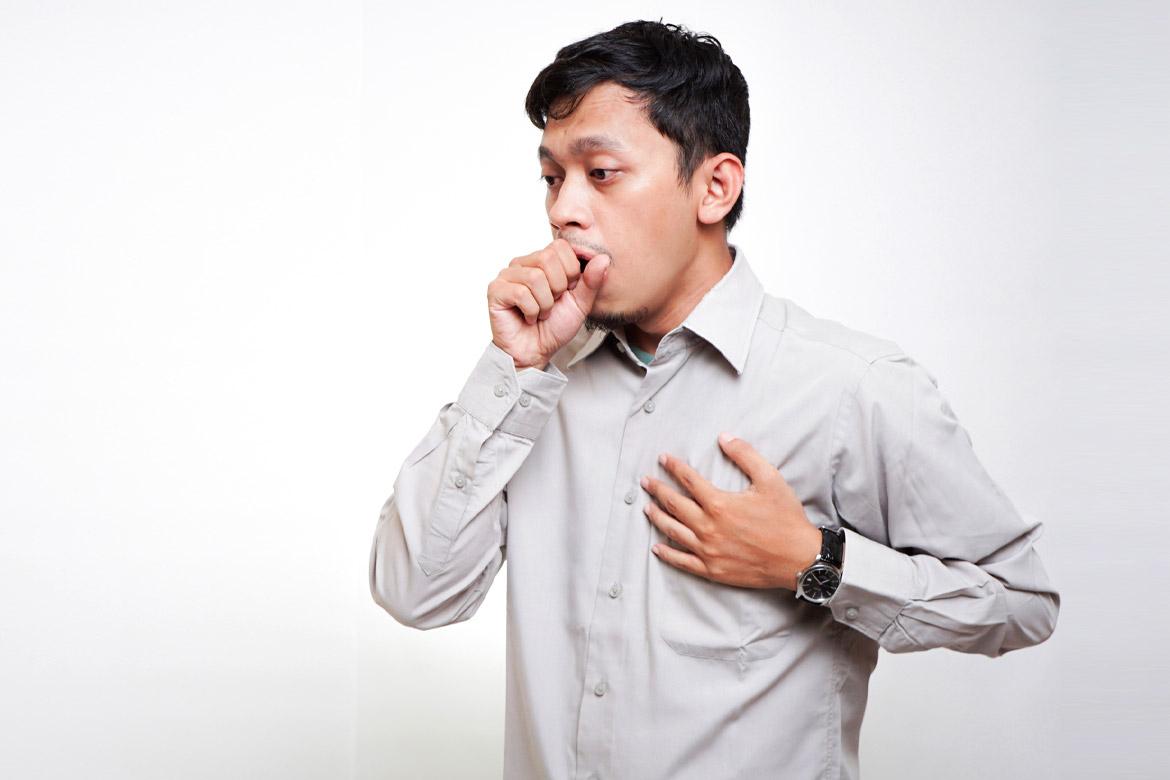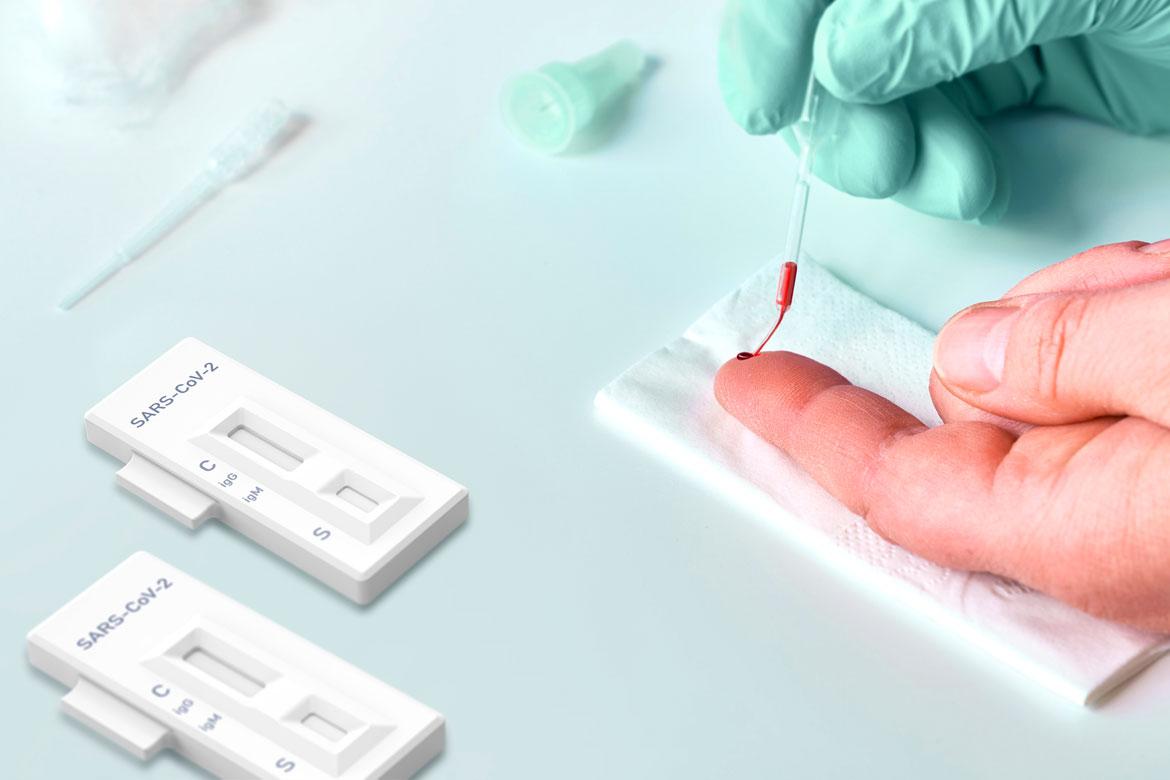-
-
Featured Care Areas

Coronavirus (COVID-19)
How is COVID-19 diagnosed?
There are 2 main categories of testing via swabs:
- Polymerase chain reaction (PCR) test, a molecular test that analyses samples and cells from the throat or nose. It looks for genetic material of SARS-CoV-2, the virus that causes COVID-19.
- Antigen rapid test (ART), which identifies one of the outer proteins of the viral shell or envelope from the nose.
Find out more about COVID-19 tests.
How is COVID-19 treated?
Most people with COVID-19 have mild illnesses (e.g. sore throat, cough and fever) and can recover at home. Your may see a doctor for medications (e.g. painkillers, lozenges, cough mixtures) to treat the symptoms.
Home recovery
You should isolate yourself at home while you recover and wait for your viral load to decrease. Below are some practices to observe during your home recovery:
- Keep windows open and let the house be naturally ventilated as much as possible
- Remain in a single bedroom and keep the door closed. If you need to open the door, make sure no one is standing just outside, and put on a face mask. Try to use a separate bathroom. If it is not possible, use the bathroom after everyone else and wipe the surfaces after using it.
- Regularly clean and disinfect counters, sinks, door handles and all other surfaces frequently touched by hands. Use soap and water or household cleaners to clean surfaces. You may also use the disinfectants listed on the National Environment Agency's website.
Caring for children with COVID-19
In addition to the practices above, you can also do the following:
- Dress them in light clothing
- Ensure that they get plenty of rest, fluids and nutritious foods
- Consult a doctor if they become unwell (e.g. lethargy, high temperatures, not able to eat or drink)
This coverage checker is brought to you by Health Insured, an online resource that helps you understand your health coverage in Singapore.
This page has been reviewed by our medical content reviewers.
Need help?
For enquiries, please call
+65 6575 7575
For appointment bookings, please WhatsApp
+65 8111 9777








